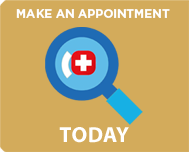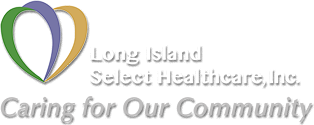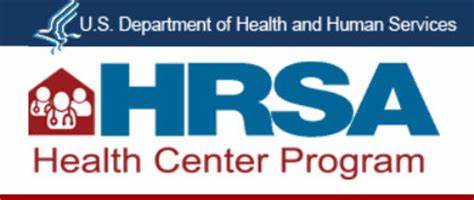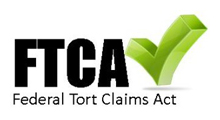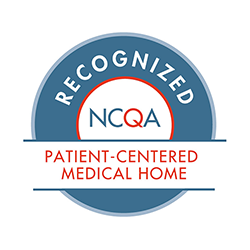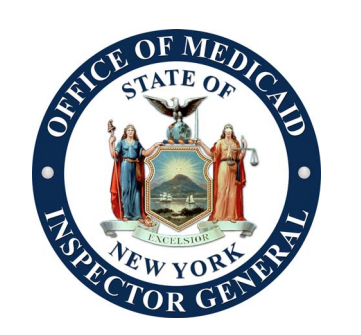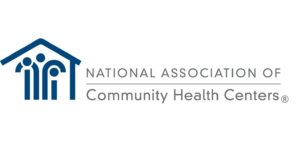Speech Therapy
Our speech therapists work to get to know you, your medical history and your immediate needs.
Communication disorders require the expertise of a speech therapist. Through therapy, you might learn to speak clearly, express your needs and wants, understand others’ words, or engage in back-and-forth conversations. Participating in a speech program can also improve your swallowing skills.
Long Island Select Healthcare (LISH) offers speech therapy for qualified patients. You or your child will receive an evaluation and a customized therapy plan that is designed with your needs in mind.
Role of the Speech-language Pathologist
Also known as a speech-language pathologist (SLP), a speech therapist is a healthcare professional who works with patients in need of communication or feeding therapy. This type of expert has extensive education as well as licensure and certification to provide these services.
Licensed SLPs often work with a team of caregivers. This may include speech assistants who help administer therapies.
Speech therapists rely on a variety of techniques to help their patients improve their communication or feeding skills. These may include muscle exercises, language-repetition activities, articulation therapies or memory games. Your SLP may suggest at-home activities that you can use to reinforce lessons during the week.
Speech and Language Disorders
Speech disorders occur when people struggle to form sounds clearly or appropriately. Being unable to pronounce certain sounds or letters falls into this category. Other common speech disorders include stuttering, cluttering and lisping. Some people have speech disorders that involve using a pitch or a volume that is hard to understand.
Language disorders happen when people have difficulties in communicating with others.
This category includes problems with:
- Forming ideas into words for sentences
- Understanding what others say
- Being able to follow a conversation from beginning to end
Aphasia is one common example of a language disorder.
Some speech or language disorders are present from birth. They may be the result of a physical or developmental disability. Other conditions begin later in life, perhaps as the result of a stroke or another traumatic event.
Speech therapists offer interventions for both speech disorders and language disorders. In many cases, it’s best to start therapy as early as possible. Early intervention can help change speaking patterns before incorrect habits become ingrained. Even still, therapy can be beneficial at any age.
Augmentative Communication
Although oral communication is a key focus of speech therapy, it’s not the only tool that can help you express yourself to others. If you have a disability that prevents you from forming clear speech, you may benefit from some form of augmentative and alternative communication (AAC).
Some types of AAC rely on technology, but others can be done with just your body. AAC options include:
- Alphabet boards
- Facial expressions
- Gesturing
- Picture cards
- Pragmatic Organization Dynamic Display (PODD)
- Sign language
- Symbol boards
- Tablet apps
- Text-to-speech devices
Your speech therapist can perform evaluations to determine which forms of AAC might be most beneficial for your needs.
You may learn to use a few different types of alternative communication so that you can rely on different styles in different settings. In fact, you may find that you’ve already been using some of these tools, but your therapist can help you learn to refine those skills.
Feeding Therapy
Many of the same structures involved in producing speech are also used in swallowing. For that reason, speech therapists can also help with feeding issues.
Signs of a feeding disorder include:
- Breathing problems while eating and drinking
- Limited diet
- Gagging
- Reflux
- Refusal to eat or drink
- Sensitivity to certain textures or temperatures
A swallow study can help the therapist learn more about why you are having a hard time with feeding.
Then, your speech therapist may use a variety of techniques to help you work through your feeding problems. This may include exercising certain muscles and learning to control your tongue. Using different feeding tools may help as well. You may also be encouraged to experiment with various textures and temperatures or even sample new foods.
Speech therapists may work with other healthcare professionals to address feeding issues. For example, a primary care provider (PCP) and a physical therapist may be involved as well. Each member of the team will contribute to making sure that you receive proper nutrition throughout your therapy process.
Qualifying for Speech Services at LISH
Speech-language therapy is one of the Article 16 rehabilitation services offered at LISH. Like all of our Article 16 services, speech is available for patients with a developmental disability. To qualify, your disability must have been diagnosed before your 22nd birthday.
Our speech therapists provide services at five different locations in Suffolk County.
Call LISH to Schedule Speech Therapy
Communicating with others allows you to express your needs and build your independence. Through speech-language therapy, you can enhance your communication skills through speaking, listening or using augmentative devices. Speech services can also help with swallowing and feeding skills.
If you are interested in speech services for yourself or a loved one, call (631) 650-2510 to learn whether you qualify, or send a message using our online contact form.





